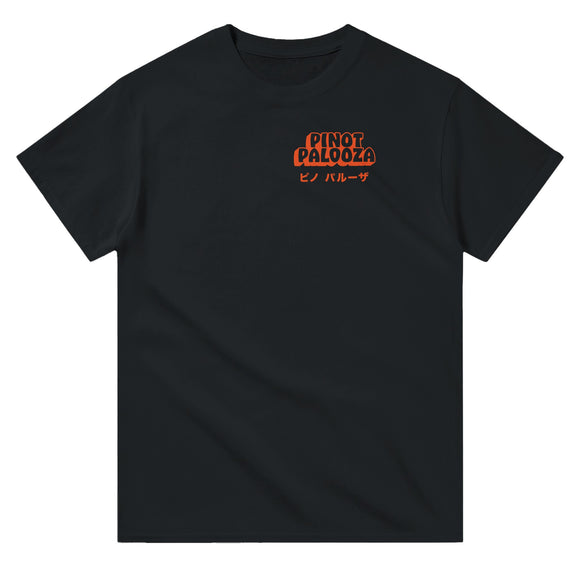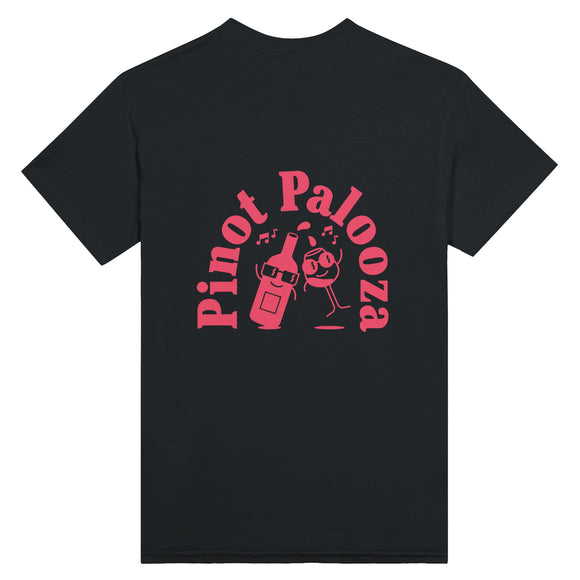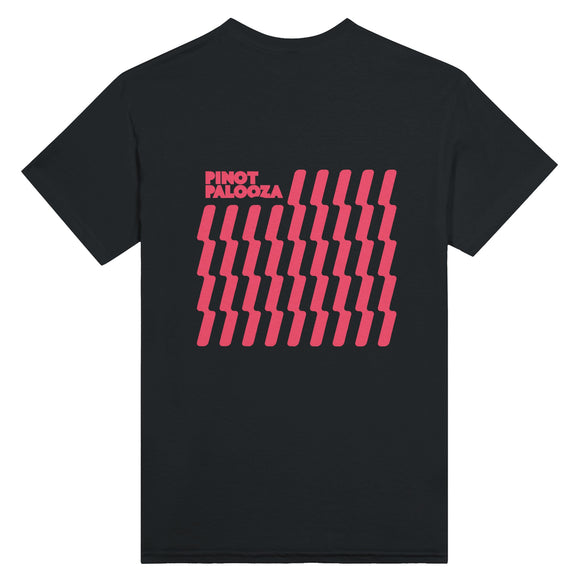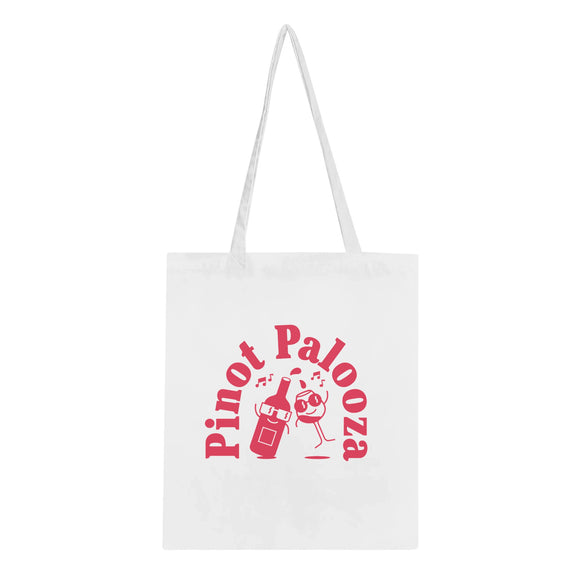“Bill, you have a very low aptitude for winemaking. You should consider another career path,” were Bass Phillip winemaker Phillip Jones’ parting words to William ‘Bill’ Downie.
Downie had just finished almost two years working for Jones, ending up there via a LaTrobe Valley bottle-o, a Jeremy Oliver wine appreciation course and, finally, the Negociants Australia Working with Wine fellowship (this was 1998; the first year the education program had run).
Part of the fellowship required Downie to research a winery of his choice. “Jones’ idea of wine of place, the idea that wine might taste like where it came from… that was what I was most interested in,” says Downie. “I thought it was a great opportunity to interview Jones – everything I’d read about him suggested he was probably the best exponent of that that I knew of in Australia.”
Jones told Downie he was much too busy to spare time for the interview, so Downie offered instead to lend him a hand for a day, suggesting that they could talk while they pruned. At the end of it, Downie had his interview. He also had a job.
The first year Downie spent with Jones at Bass Phillip was one of the best of his life. “I drank amazing Burgundy almost every day, and just learnt mounds of stuff,” he says. But, for reasons unbeknown the second year was less enjoyable, so Downie and Jones decided to part ways. As he was leaving, Jones asked him what he planned to do. “I’d still quite like to be in the wine business – maybe a winemaker or a viticulturist,” Downie told him.
Jones’ response stayed with Downie for quite a few years. It didn’t drive him away from wine, but it meant that rather than look for work in another small winery he went to De Bortoli in the Yarra Valley to work as a cellar hand where he learnt everything from how to turn on a pump to how to filter wine. After about 18 months he moved to Burgundy, France, to make wine in a few different domains – the next five or so years saw him hop between DeBortoli and Burgundy.
In late 2006, Downie and his wife, Rachel, bought a farm in West Gippsland where they’ve been living ever since. Initially, he made wine from vineyards he’d leased in the Mornington Peninsula and the Yarra Valley as well as Gippsland, but as of 2017, the only grapes Downie makes wine from are ones he’s grown in West Gippsland. Incidentally, and by his own admission, his best bottling was his 2017 vintage – it was also a personal highlight of Pinot Palooza’s Gippsland road trip.
He also only makes pinot noir. “It was accidental,” he says. “it was essentially all pinot noir at Bass Phillip, and then when I turned up at De Bortoli they were like, ‘Oh, you’re that pinot guy!” And then I ended up in Burgundy, and now, it’s the variety that most readily grows here.”
But for Downie, the grape varietal is the least important part of what he does. He doesn’t even put the varietal on his labels. “The reason we only do pinot noir is so we don’t have to talk about pinot noir,” says Bill Downie. “I can talk about Gippsland versus the Yarra Valley versus the Mornington Peninsula. I can say, ‘Here’s our wine from this place, and here’s why it tastes like this’. That for me is the most important factor.”
Downie produces relatively small quantities of wine, and it sells out pretty quickly. You can find it on wine lists at select, great restaurants, particularly in Victoria, but your best bet is to head to Hogget Kitchen in Warragul. Downie, together with fellow Gippsland winemaker Patrick Sullivan and local chef Trevor Perkins, opened Hogget Kitchen early in 2017 and it’s served as Downie and Sullivan’s unofficial cellar door ever since.






